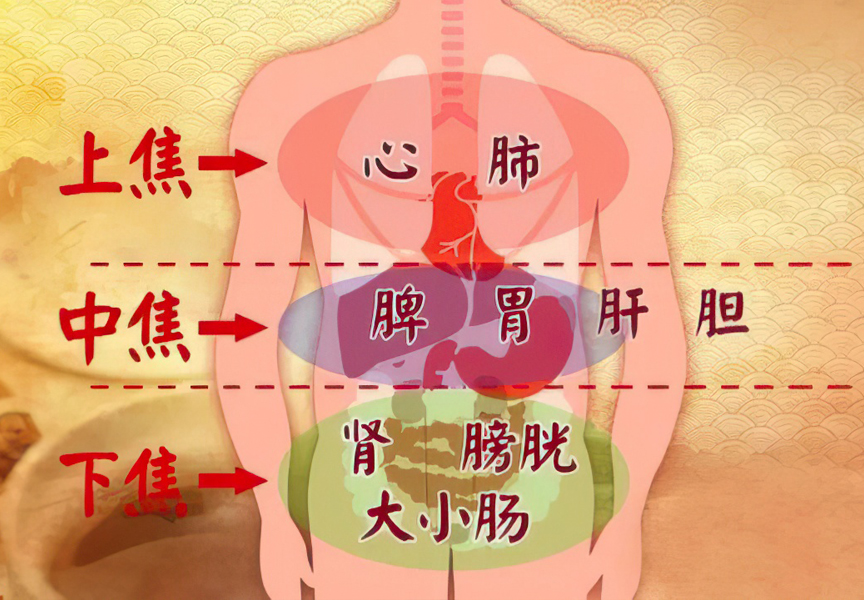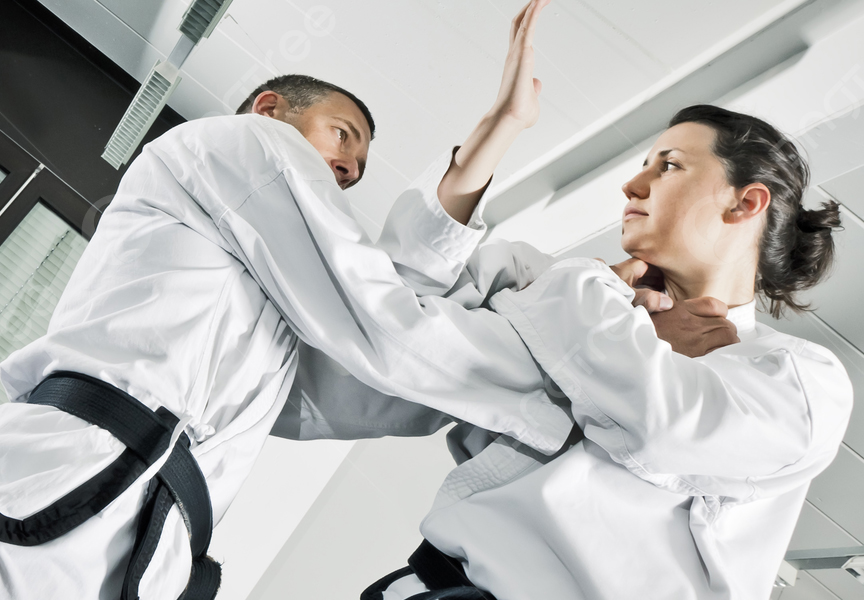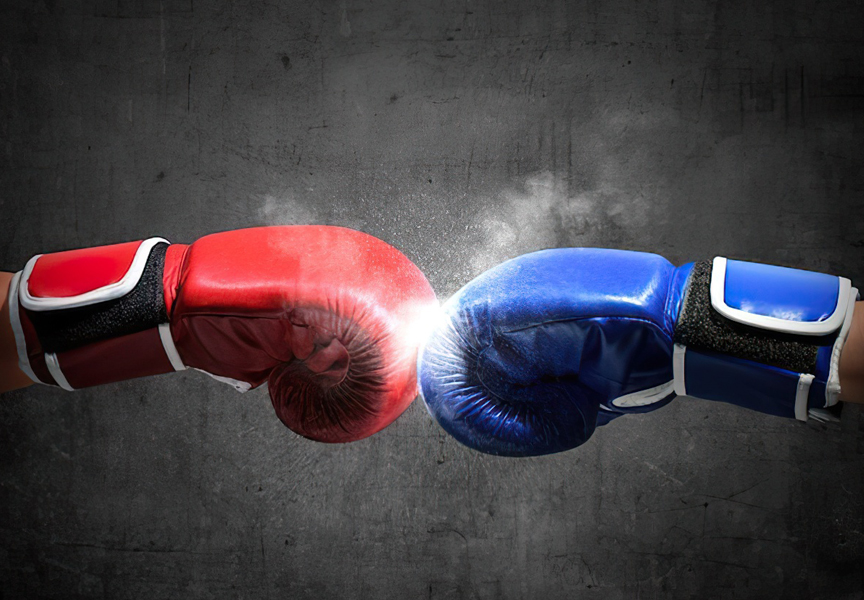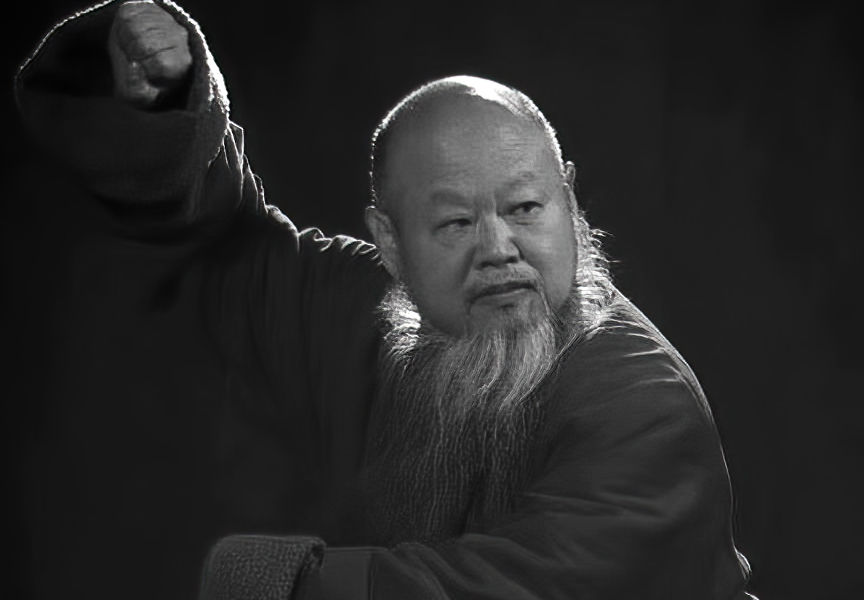Random Free Articles
- Mystical Meridian of the Triple Heater

In traditional Chinese medicine (TCM), the human body is believed to be a complex network of energy channels or meridians through which vital life force, or Qi, flows. These meridians play a crucial role in maintaining the balance of health and well-being. One lesser-known yet intriguing meridian is the Triple Heater or Triple Burner meridian, known in Chinese as the San Jiao meridian [Chin.: sānjiāo 三焦]. This meridian has mystified and…
- Embracing Feminine Leadership

Following and Accepting a Woman as Our Martial Arts Master In the traditionally male-dominated realm of martial arts, the image of a wise and revered master is often conjured as that of a stern-faced, elderly man imparting his ancient wisdom to a sea of eager disciples. However, as societal norms continue to evolve, so too does our perception of leadership within martial arts. It's time to challenge the status quo and explore the profound…
- Martial Arts and Violence

In recent years, there has been an ongoing debate surrounding the association between martial arts and violence, particularly concerning children who practice combat sports. Concerned parents often express worry about their children potentially becoming more aggressive due to their involvement in activities like Κarate, Kung Fu, or taekwondo. However, it's crucial to debunk this misconception and understand the broader context in which…
- What Matters Most - Victory or Effort?

What Matters Most - Victory or Effort? In the grand arena of life, the question of what holds greater significance, victory or effort, has been a subject of perennial contemplation. Whether in sports, academics, or personal pursuits, individuals grapple with this profound inquiry, each offering compelling arguments to support their stance. Yet, the essence of this debate transcends mere outcomes, delving into the very fabric of human existence…
- Unlocking the Serenity Within

In a fast-paced world filled with stress and anxiety, it's essential to find ways to maintain physical and mental well-being. Shaolin Rou Quan, often referred to simply as Tai Chi, is an ancient Chinese martial art that has been practiced for centuries and is gaining popularity worldwide for its numerous health benefits. This gentle and flowing exercise combines mindfulness, slow and graceful movements, and controlled breathing to promote…

